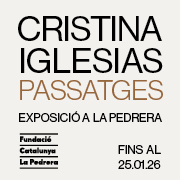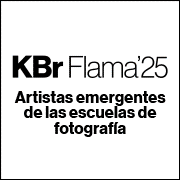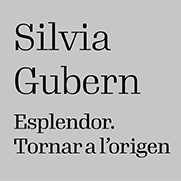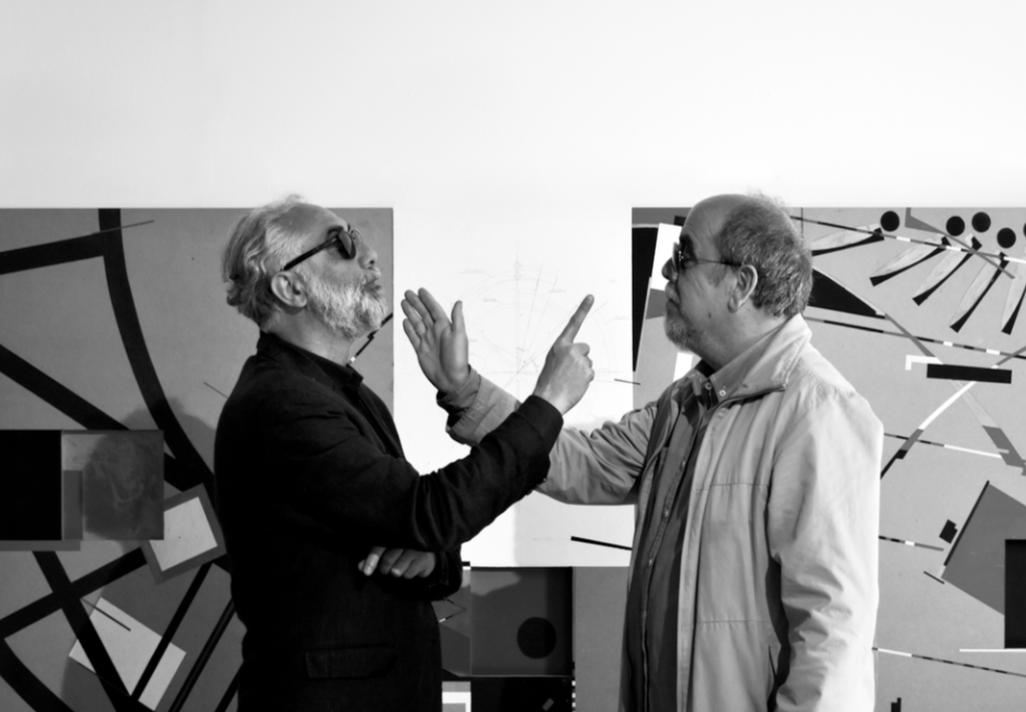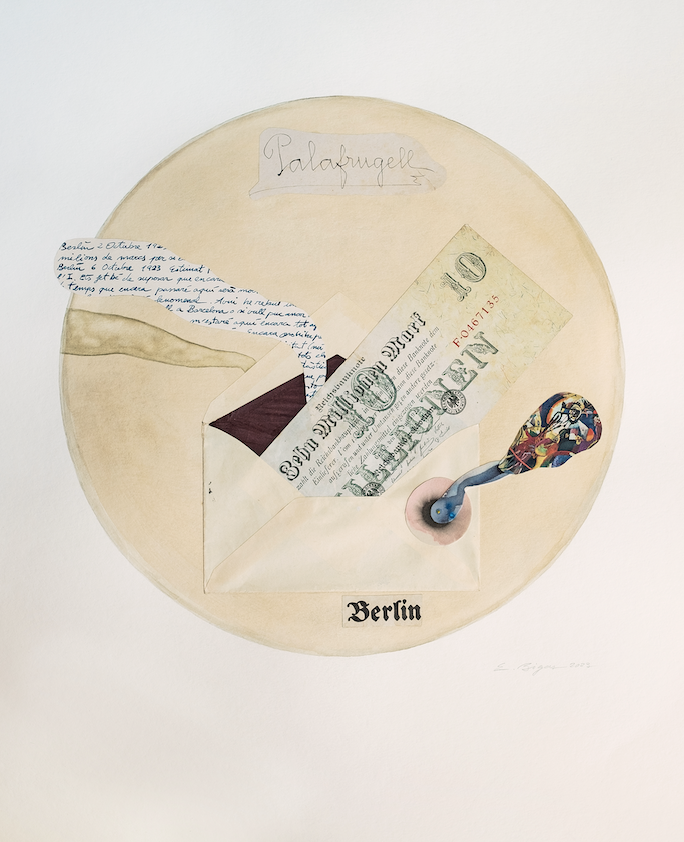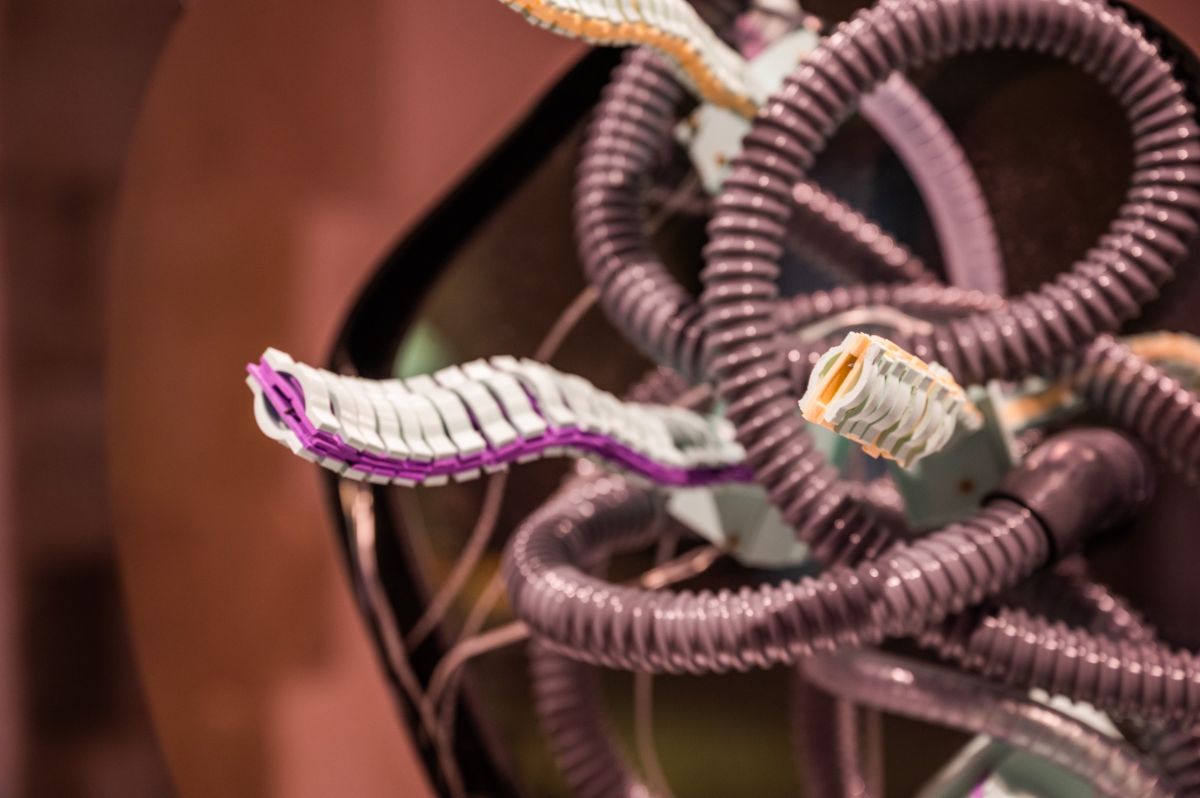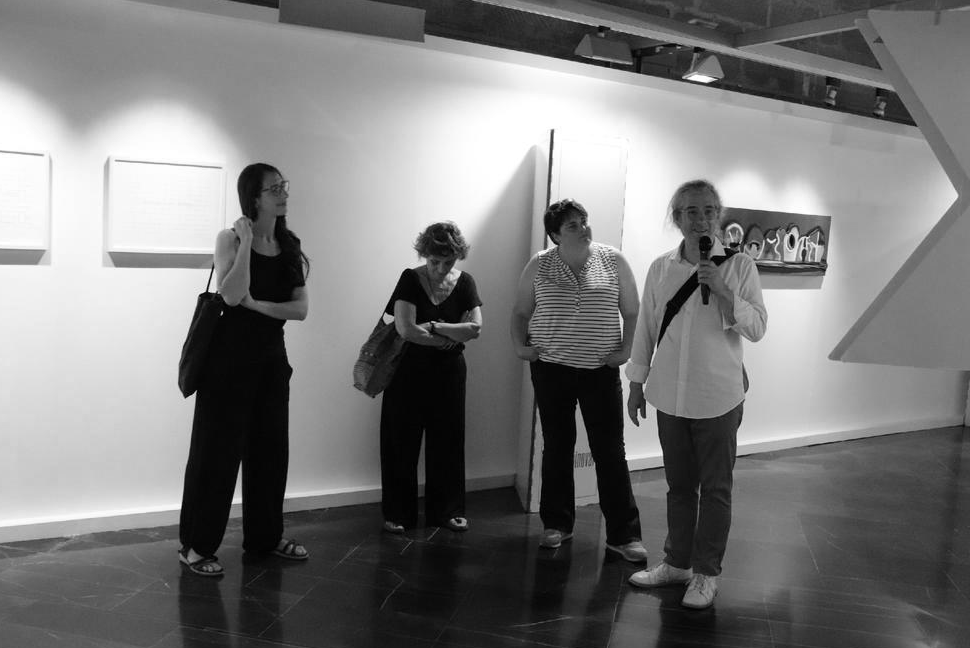contests
Manifesta 15 Barcelona announces new pre-biennial research focused on ecosocial transitions
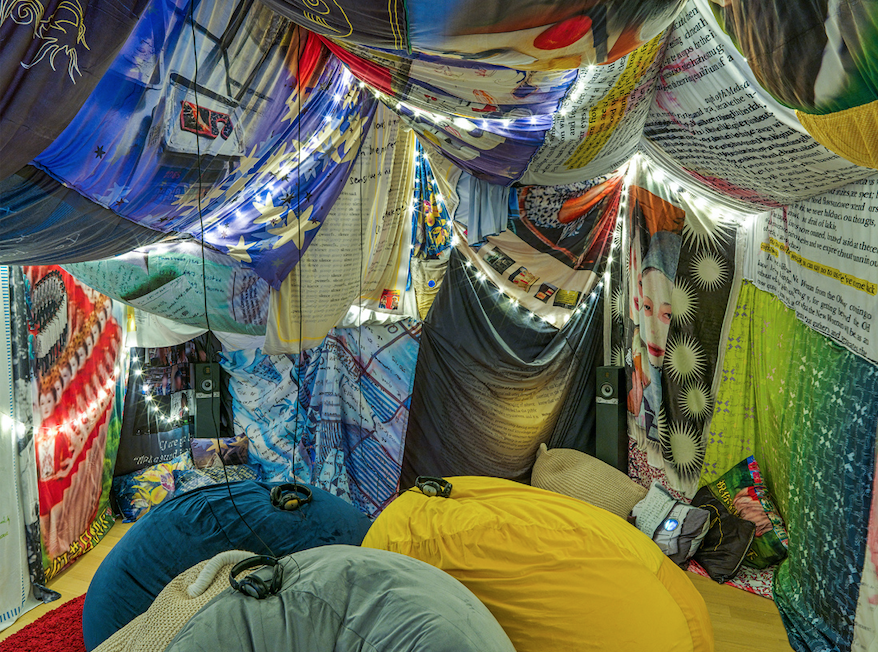
Manifesta 15 Barcelona has created a new framework for social and ecological research, actions and interventions by ten participants who are already carrying out research throughout the metropolitan region of Barcelona. In this pre-biennial phase, with more than a year to go before the official inauguration of the biennial, the selected participants investigate specific thematic components in the three interconnected nodes identified by the Manifesta 15 team: along the Besòs River, the delta Llobregat and the Collserola mountain range.
These investigations, in close collaboration with experts and local communities, will lead to new and alternative ways of drawing attention to the climate crisis and identify some of the ecological and social transformations needed in the region. The socio-ecological nodes of the metropolitan region connect with their immediate surroundings and articulate the relevant themes of the participatory process: how we can imagine a shared future together, how to manage imbalances and how to take care of ourselves and our natural environment, (for example, the Collserola mountain range).
Research participants will collaborate with communities and local specialists, who will help articulate the fundamental issues of this ecosocial process. This phase, which in the last three editions of Manifesta has been directed by an urban planner or a creative mediator, will instead be directed by a diverse group of individual or collective researchers. The three issues identified are interrelated and involve various agents of civil society, which is why the Manifesta 15 team has invited several professionals, not only from the world of art but also from other disciplines. These participants are interdisciplinary and work in the fields of art, science, law, architecture, human rights, activism and pedagogy.
The collective working on the topic of imagining the future is the transnational collective On-Trade-Off, which explores how technological innovation depends on natural resources. His research will focus on energy, post-colonialism and the past and present of the Besòs industrial area. The two participants, Elmo Vermijs and the Embassy of the North Sea, will focus their research on the rights and voices of non-human actors and their relationship with the natural environment at the nodes of the Collserola mountain range and the Llobregat delta. The SLUMBER radio collective will explore participatory activities to help younger generations with wellness and mindfulness.
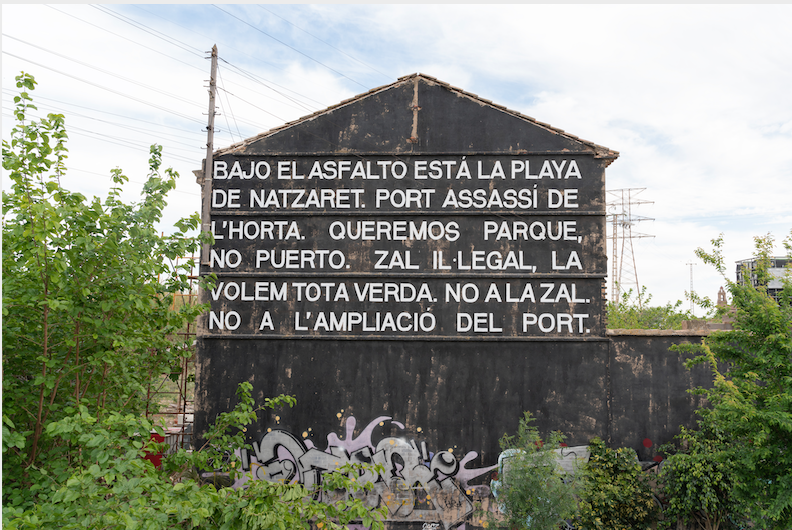 No ens cansarem, Anaïs Florin, 2023 © Bien Urbain
No ens cansarem, Anaïs Florin, 2023 © Bien Urbain
In relation to the topic of healing and care, they will contact the Asian diaspora in the Besòs area. Lara Schnitger will conduct her research using traditional crafts to illuminate, together with local collectives, radical visions of ecological feminism, both today and in a historical context. Arquitectes de Capçalera, a collective born from the Barcelona School of Architecture, will use collaborative tools in its participatory and speculative approach to architecture, which will act as the starting point of a long-term legacy time limit.
In addition, four participants have been invited to focus on a special research project that explores Catalan educational renewal movements. These movements are significant for understanding the role of education and pedagogy in the histories of ecosocial transformations that occurred before and after the Franco dictatorship in Spain.
The project aims to clarify how these historical movements have contributed to social changes and what they can teach us today. The INLAND collaborative agency will delve deeper into the stories of schools located in natural environments at the beginning of the 20th century, such as the School of the Sea and the School of the Forest. The Massa Salvatge Collective will investigate the work of Batec, a collective of teachers who imagined a different school, "more satisfying to live in and which prepares a more humane and supportive generation". Anaïs Florin works on the history of Escoles en Lluita, a movement of schools in Barcelona from the seventies that sought to create alternative educational spaces emphasizing the importance of social justice, community organization and activism as integral parts of the educational process.
An intersectional collective project, Diversorium, will deal with the archives of Vil·la Joana, a municipal school in the Collserola park that hosted classes for students with physical and mental diversities under the name of "abnormal education". Manifesta has gone from being a purely art biennial to becoming an incubator for social and ecological changes in the last four editions.
By creating new collective processes, the biennale can focus on developing more sustainable actions and symbolic interventions that can be more beneficial to host cities and their communities. Instead of following the usual model of creating a series of exhibitions, Manifesta continuously rethinks and transforms its model to foster research that offers alternative perspectives and can address specific problems through interdisciplinary creation, activism and fostering legacies that last.
The results presented after this research phase will form the basis of the conceptual framework of the biennale and will be presented in the autumn of 2023. The fundamental pillars of the conceptual framework will serve as a starting point for the open call for local projects that will be launched in September 2023.


